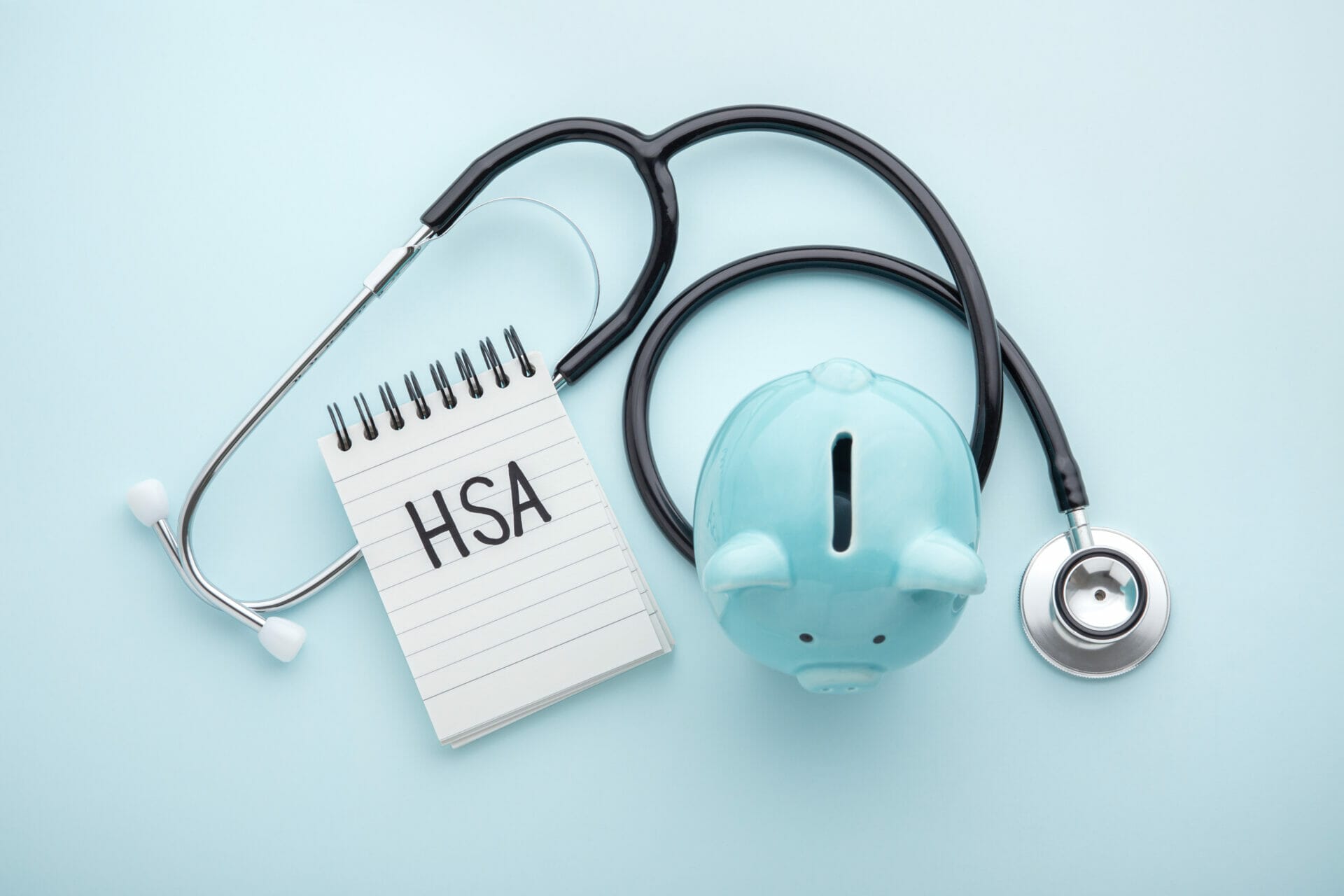Your employees have enough to stress about. If you could lessen even just one burden for them, would you consider it?
Take health care for instance. Many consumers don’t know how to plan or prepare for upcoming medical expenses. Luckily, consumer driven health care is paving the way for more affordable health care options. And these plans are continuing to gain steam.
Twenty-two million. That’s the number of Health Savings Accounts (HSAs) in the U.S., according to Devinir – a leader in HSA investments. That’s not all. They predict HSA assets could reach more than $60 billion by the end of 2019.
So if you’ve been wondering things like: What is an HSA? Is it right for my business? How can I best inform my employees? – We’ve got you covered. Below is a list of the basic information you need to know to make informed decisions about health care and your small business.
1. What is an HSA?
In general terms, the HSA was made to pay for the daily medical expenses that an individual or family member may incur and to do so on a completely tax-free basis.
2. Who owns the account?
The employee.
3. How is the account funded?
Money is deposited directly into the employee’s account. Contributions can be made by the employee through lump sum contributions or pre-tax payroll deductions. An employer may also contribute to the account.
4. What type of corresponding health plan is required?
An HSA must be paired with a Qualified High Deductible Health Plan (QHDHP) that meets the maximum out of pocket and minimum annual deductible requirements set annually by the Internal Revenue Service. For more information, see Question 11.
5. What is the tax treatment for the account?
Contributions are made on a pre-tax basis, and funds may be used tax-free for qualified health care expenses.
6. Is it a personal account?
Yes.
7. Is the account portable?
Yes. The employee owns the HSA and they can take it with them into retirement and even pass it on to their heirs.
8. When is the balance available?
Funds are available as soon as they accumulate. This is different than a flexible spending account (FSA) that has uniform coverage – the entire balance is available as of the first date of the plan year.
9. Can account funds be used for non-medical expenses?
Yes. However, only HSA funds used for qualified medical expenses remain tax-free. In addition, distributions for a non-medical expense by a participant who is under age 65 will be subject to an additional 20 percent excise tax.
10. Who is eligible?
First, you must be enrolled in a QHDHP and not be covered by any other impermissible coverage (such as a general purpose health FSA). There are two groups not eligible to contribute to an HSA: someone who can be claimed as a tax dependent and someone enrolled in Medicare. Factors that do not affect eligibility are: annual income, employment status, or incurred medical expenses.
11. What are the contribution limits?
Per the IRS, contribution limits for 2018 are as follows:
|
Deductible |
Self Family |
$1,350 $2,700 |
|
Out-of-pocket expenses* |
Self Family |
$6,650 $13,300 |
|
Maximum contribution |
Self Family |
$3,450 $6,900 |
Per the IRS, contribution limits for 2019 are as follows:
|
Deductible |
Self Family |
$1,350 $2,700 |
|
Out-of-pocket expenses* |
Self Family |
$6,750 $13,500 |
|
Maximum contribution |
Self Family |
$3,500 $7,000 |
*Deductibles, co-payments and other amounts, but not premiums.
The deductible must apply to all except preventative care expenses. It can be a fully-insured or self-insured plan. Separate deductibles are permitted for out-of-network.
12. Is there an annual rollover limit?
Nope. Really!
13. Can HSAs be paired with any other plans?
Yes. HSAs can be paired with a limited-purpose or post-deductible health flexible spending account (FSA) or health reimbursement arrangement (HRA).
14. What are some benefits to using an HSA?
- HSA contributions are not taxed. Your contributions are tax-deductible, or if your employer withholds deductions from your paycheck, your contributions are taken before taxes are calculated.
- You don’t pay taxes on any interest earned in your HSA.
- You may make tax-free withdrawals for qualified medical expenses. These benefits draw many individuals to HSAs, but there are more hidden benefits to discover.
- HSAs are a great retirement savings vehicle. Many custodians offer a range of investment options.
15. How do I sign up?
Right here! PrimePay offers benefits administration for HSAs (and other pre-tax plans, while we’re at it).
Please read our disclaimer here.









